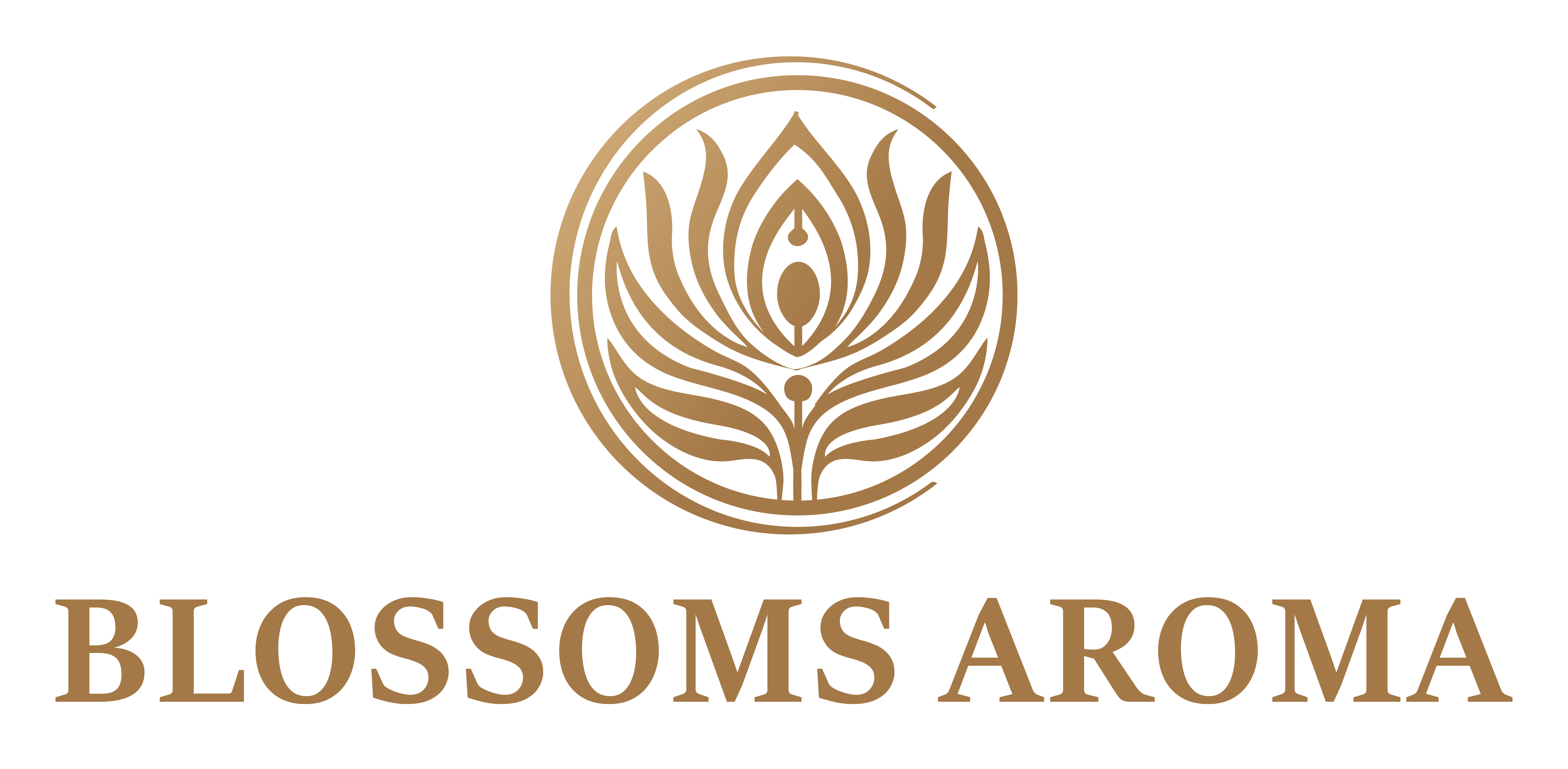Ylang ylang OIL
All About Ylang Ylang Oil:
Ylang ylang oil, derived from the flowers of the Cananga odorata tree, is esteemed for its rich floral aroma and versatile therapeutic properties. Originating from tropical regions such as Southeast Asia and the South Pacific, ylang ylang oil has been prized for centuries for its use in perfumery, aromatherapy, and traditional medicine.
Specifications:
General Characteristics:
- Product: Ylang Ylang Oil
- Botanical Name: Cananga odorata
- Family: Annonaceae
- Part of the Plant Used: Flowers
- FEMA Number: 3121
- CAS No.: 8006-81-3
- HSN Code: 33012990
- EINECS Number: 290-995-9
- Appearance: Pale yellow to golden liquid
- Colour: Clear to slightly tinted
- Odour: Sweet, floral, exotic fragrance with hints of spice and fruit
Identification:
- A. TLC: It complies with the test
- B. GC: It complies with the test
Physio-Chemical Properties:
- Relative Density: 0.930 – 0.955
- Refractive Index at 20˙C: 1.498 – 1.515
- Optical Rotation: Varies
- Storage: Store in a cool, dark place away from direct sunlight
Extraction: Ylang ylang oil is typically extracted through steam distillation of the fresh flowers of the Cananga odorata tree. This method ensures the preservation of the oil’s delicate floral fragrance and therapeutic compounds, resulting in a high-quality product.
Historical Significance: Ylang ylang oil has a rich history of use in traditional medicine and cultural rituals. Indigenous communities in Southeast Asia have utilized ylang ylang flowers for their medicinal properties, while in Indonesia and the Philippines, they are used in wedding ceremonies and religious offerings.
Industrial Uses: Ylang ylang oil finds diverse applications across industries:
- Perfumery: Ylang ylang oil is highly valued in perfumery for its exotic floral scent, often used as a top or heart note in luxury perfumes and fragrances.
- Aromatherapy: It is prized in aromatherapy for its calming and uplifting properties, promoting relaxation, stress relief, and emotional balance.
- Cosmetics: Ylang ylang oil is incorporated into skincare and haircare products for its moisturizing, balancing, and rejuvenating effects on the skin and hair.
- Traditional Medicine: It is used in traditional medicine systems for its antiseptic, aphrodisiac, and antidepressant properties, supporting overall health and wellbeing.
Benefits and Uses:
- Emotional Wellness: Ylang ylang oil is renowned for its ability to uplift the mood, alleviate stress, anxiety, and depression, and promote feelings of joy, relaxation, and sensuality.
- Skincare: Ylang ylang oil helps balance sebum production, making it suitable for both dry and oily skin types. It is used to nourish and hydrate the skin, reduce inflammation, and improve skin tone and texture.
- Haircare: Ylang ylang oil stimulates hair growth, strengthens hair follicles, and adds shine and luster to the hair. It is used in hair masks, serums, and shampoos to promote healthy, beautiful hair.
- Aphrodisiac: Ylang ylang oil is considered a natural aphrodisiac, enhancing libido, intimacy, and sexual pleasure for both men and women.
- Respiratory Health: Inhalation of ylang ylang oil can help relieve symptoms of respiratory conditions such as coughs, colds, and congestion, thanks to its expectorant and decongestant properties.
Safety Measures:
- Perform a patch test before using ylang ylang oil topically, especially if you have sensitive skin.
- Avoid prolonged exposure to ylang ylang oil, as it may cause skin irritation or sensitization in some individuals.
- Keep out of reach of children and pets.
- Consult a healthcare professional before using ylang ylang oil, especially if you are pregnant, nursing, or have underlying health conditions.
In conclusion, ylang ylang oil stands as a precious botanical treasure, offering a myriad of benefits for both physical and emotional wellbeing. Whether used in aromatherapy, skincare, or holistic treatments, its enchanting fragrance and therapeutic properties make it a valuable addition to any wellness regimen.

